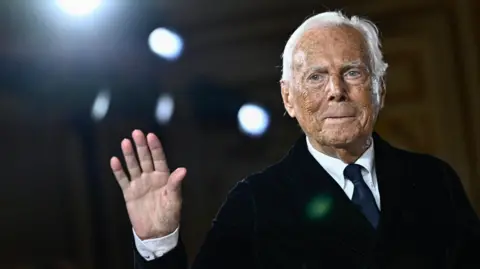In a move signaling the importance of tradition, Teatro alla Scala, the illustrious Milan opera house, has announced stricter enforcement of its dress code, standing firm against attire deemed too casual, such as tank tops and flip-flops. This initiative comes as a reaction to a trend across many cultural venues where relaxed dress codes have become the norm.
With reminders posted in the foyer and policies clearly printed on tickets, the opera house emphasizes that those who arrive inappropriately dressed will be denied entry without a refund. “In order not to exclude anyone, it is necessary to establish some minimum rules,” explained Paolo Besana, the opera house's spokesperson.
La Scala is grappling with the dual challenge of appealing to a younger audience while preserving the traditional elegance associated with operatic performances. The tension around dress codes has drawn notable commentary from cultural critics. John Allison, editor of Opera News, underscores that for many attendees, visiting the opera remains a special occasion, regardless of their clothing choices.
On the other hand, some industry voices argue that the focus should remain on the performance itself. Reviewer Andrew Mellor provocatively stated that the only attire of consequence in an opera house is that of the performers, advocating for a more relaxed approach.
As La Scala strives to balance tradition with modernity, its enforced dress code raises questions about the evolving identity of the opera and its significance in today's cultural landscape.




















